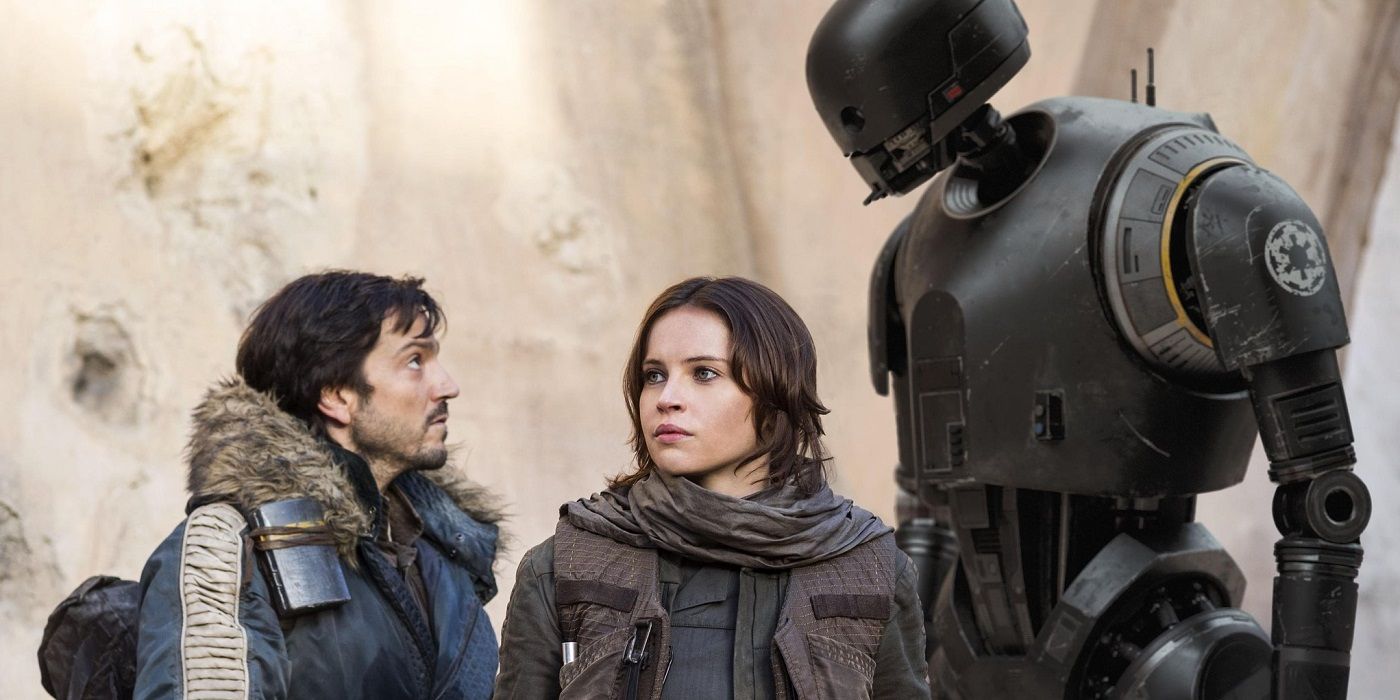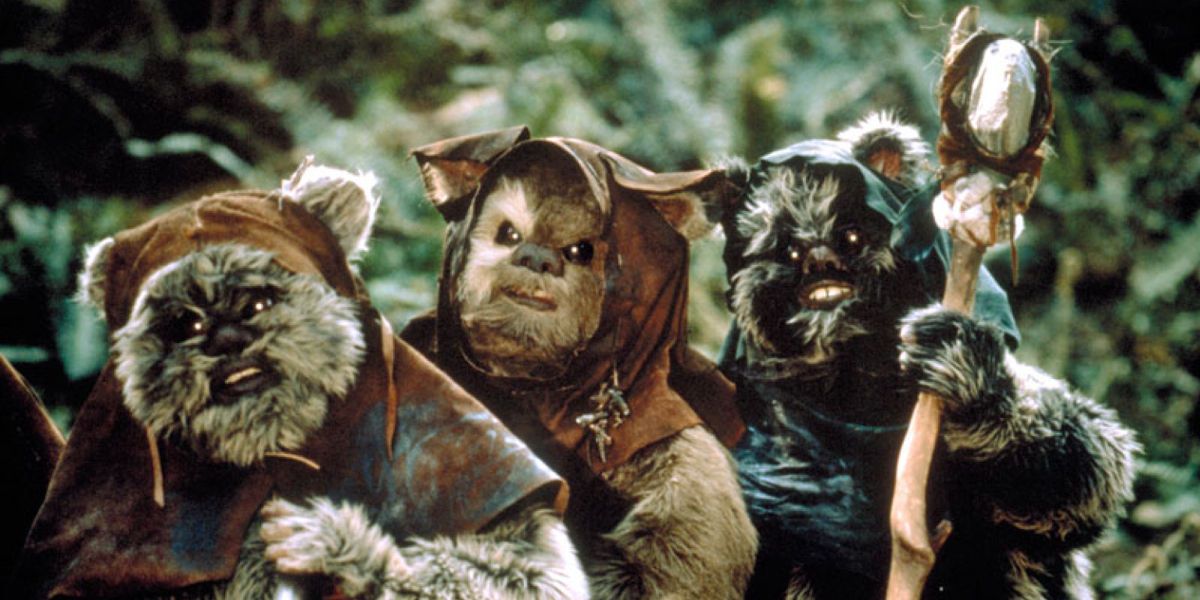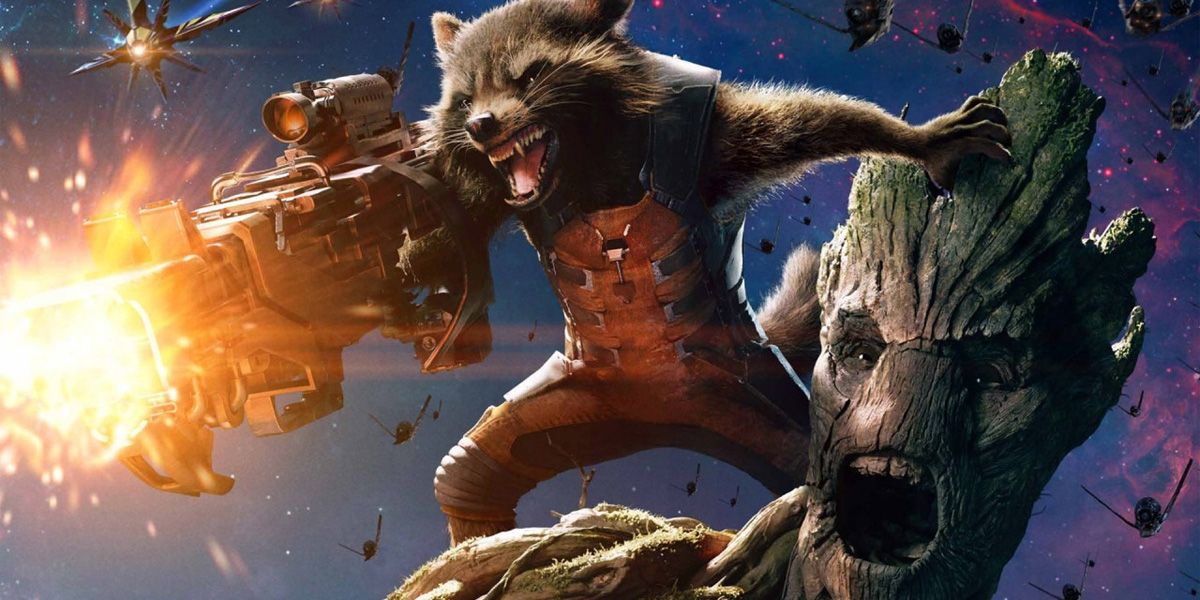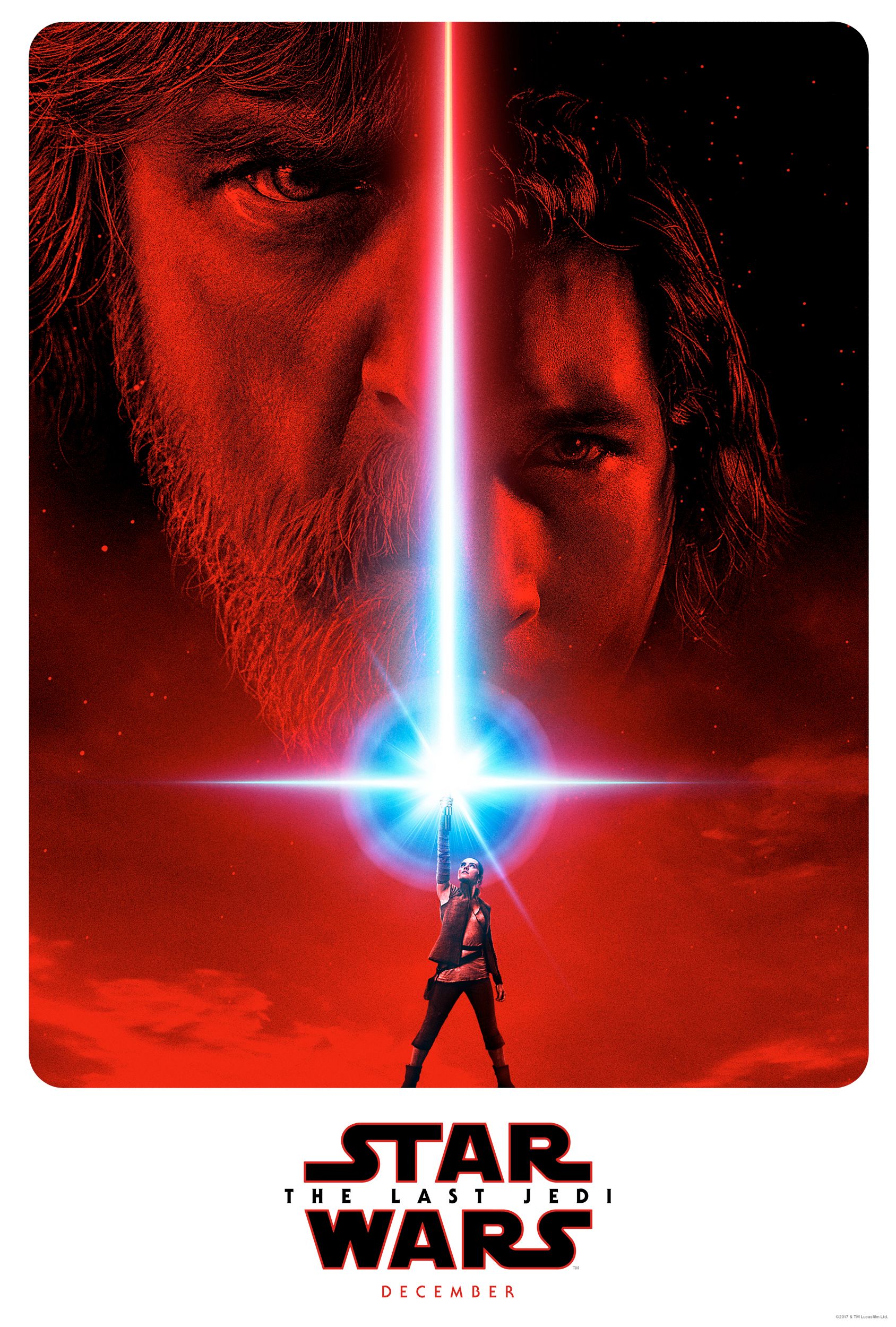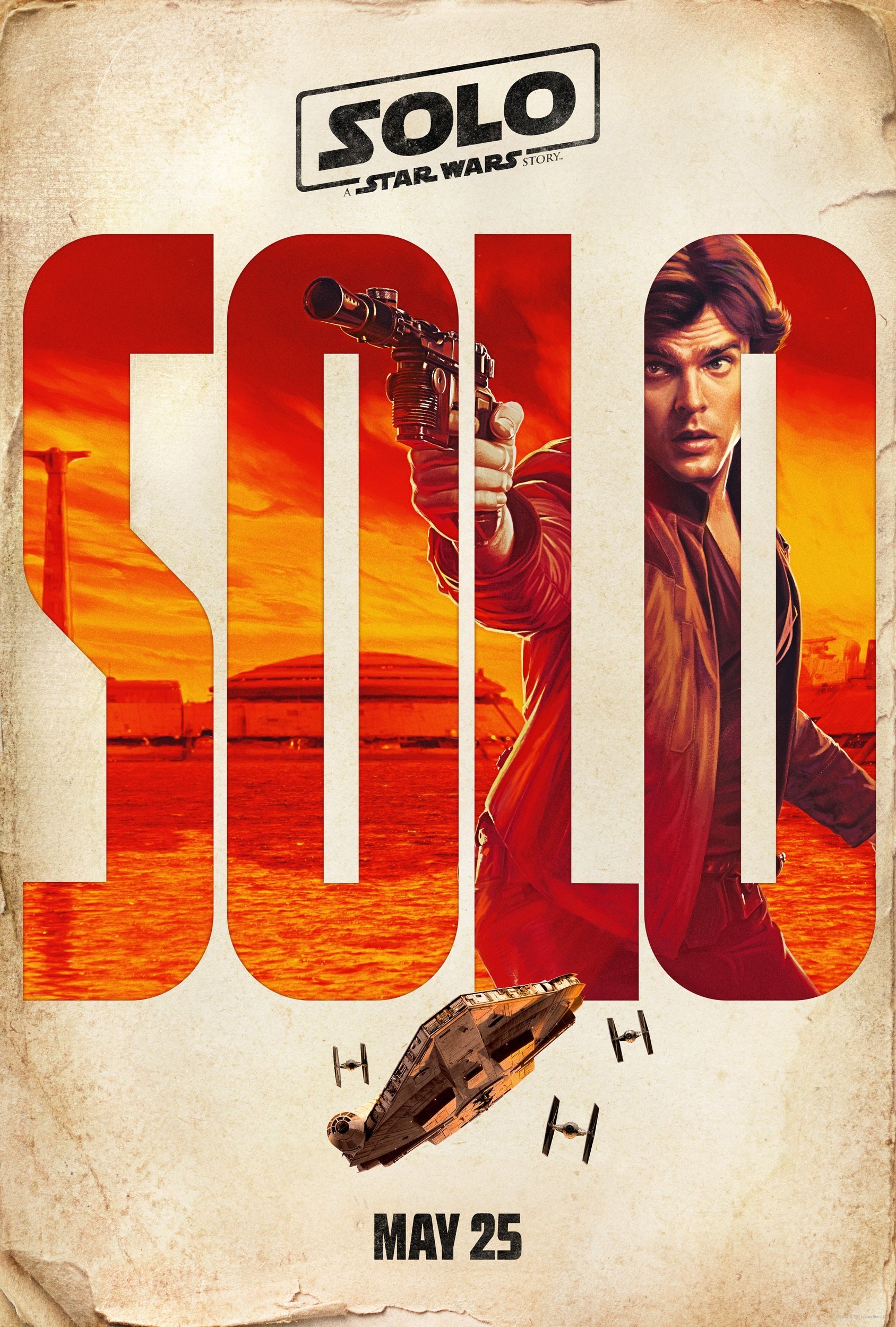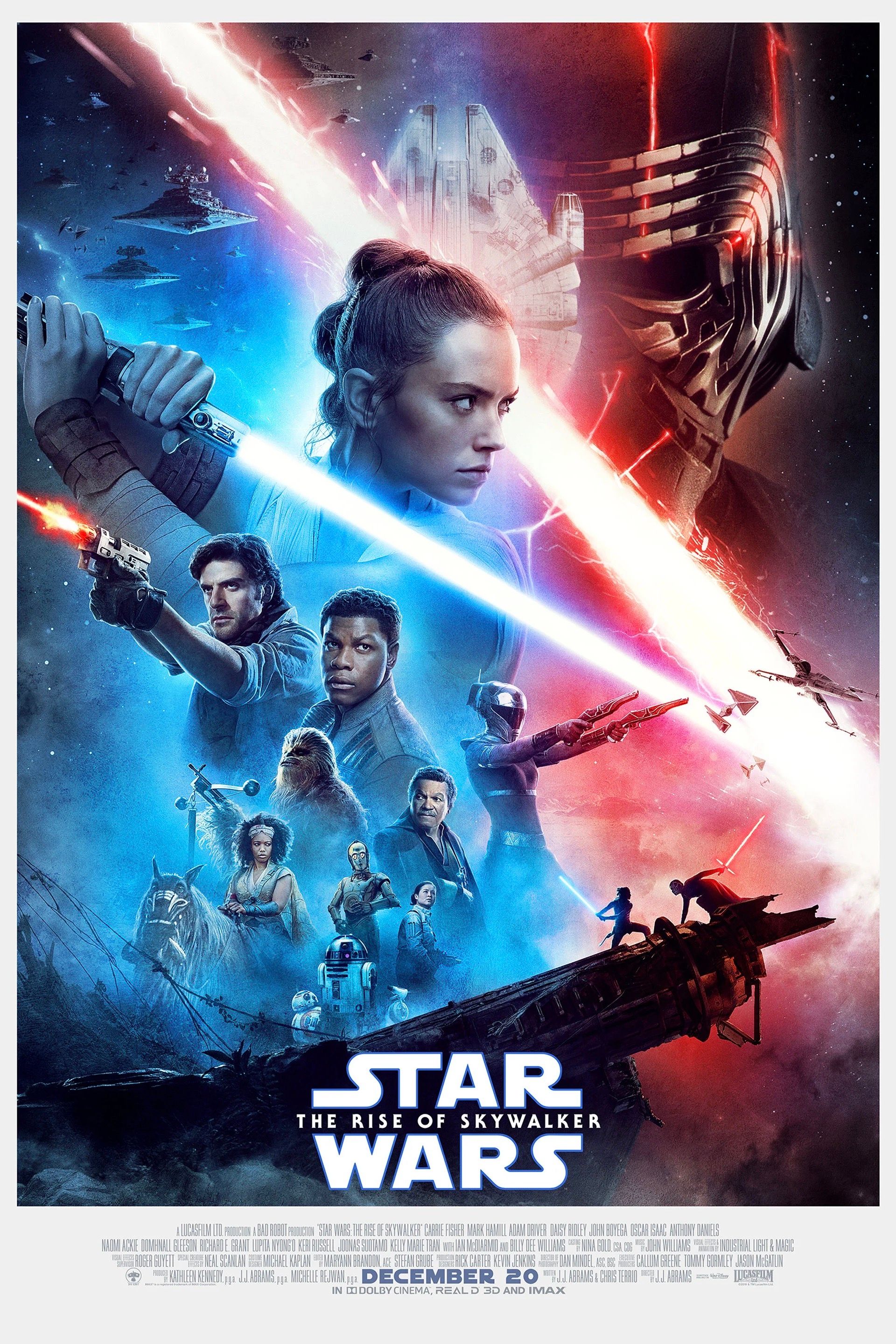Despite being a key part of the Disney and Lucasfilm main strategy for building and extending the Star Wars brand starting from the original announcement several years ago, the actual status of the Star Wars "spinoffs" (i.e. films set in the Star Wars Universe but not part of the main "Episode" series, currently slated to open in the years between the bi-annual main releases) remains something of a question mark in terms of direction and focus. Stories that expand and explore the outer reaches of the franchise are about as old as Star Wars itself, but thus far the actual scope of what the first wave of "official" spinoffs aim to be has been somewhat unclear from the perspective of many fans.While the first spinoff out of the gate, Rogue One, aimed high in terms of originality - telling a darker-than-usual story about characters not directly connected to the better-known figures from the main series with a markedly different tone and style than other films in the franchise - thus far the slate as planned has looked much more familiar in terms of subject matter. It's mostly comprised of "prequels" acting as origin stories for some of the more popular and heavily-merchandised characters we already know: An origin movie for Han Solo is already in production (though not without eyebrow-raising difficulty behind the scenes), a "betweenquel" showing off what Obi-Wan Kenobi was up to between Revenge of The Sith and A New Hope has now been announced, and pretty much everyone assumes that perennial fan-favorite Boba Fett will get his star feature sooner or later.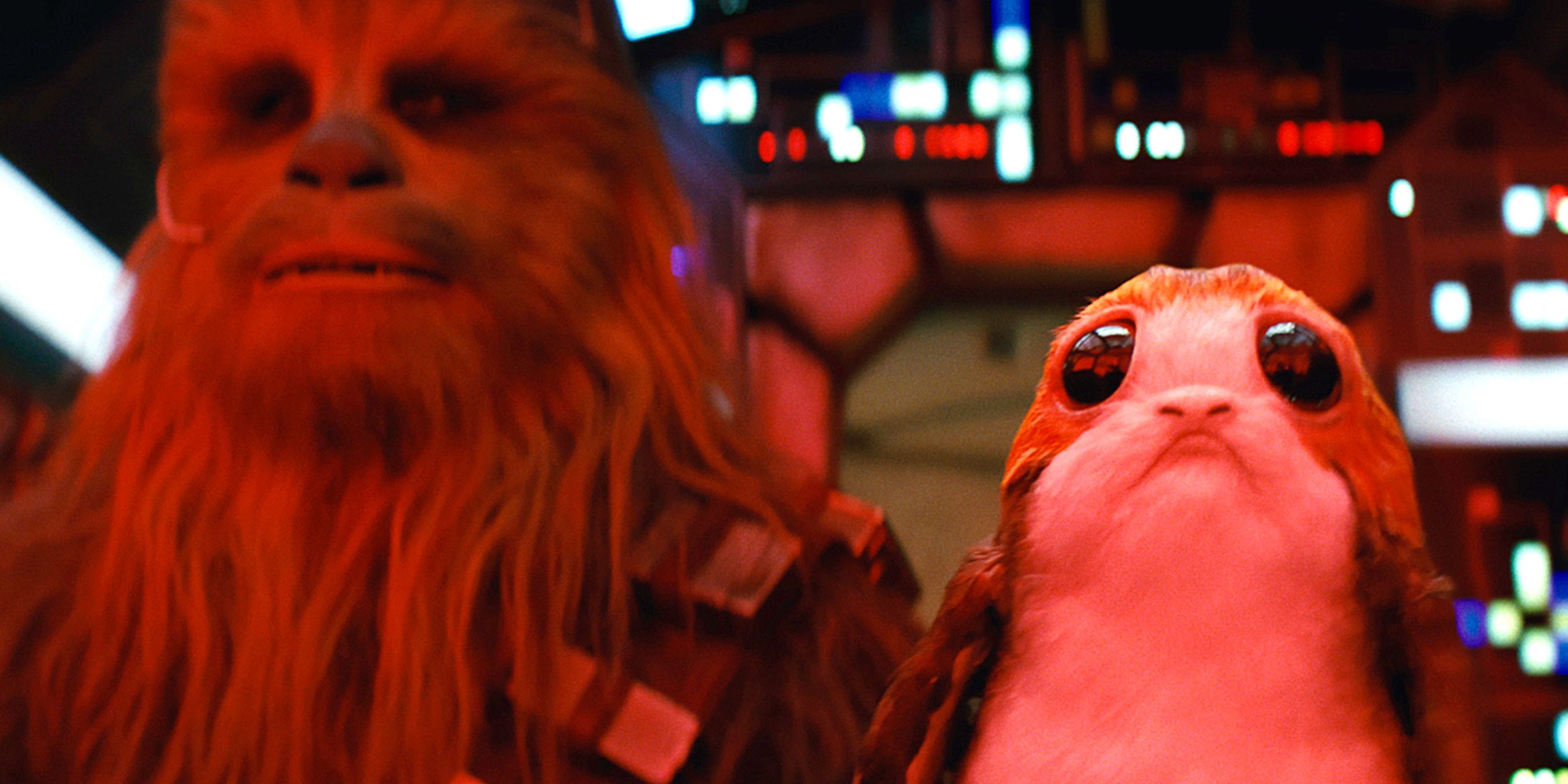 Granted, this sort of "one foot in" step toward unfamiliarity makes a certain amount of sense for such a large and important property as Star Wars; using familiar characters as the gateway to (potentially) different types of stories - though, given the rumors that the original directors' more humorous approach is what caused rifts on the Han Solo movie also demonstrates the constraints of that same model. But even still, some have opined that Disney/Lucasfilm are playing it too safe; focusing on Star Wars characters who, whatever their individual backgrounds are in the series mythos, are not only all men (and, with the exception of Fett, all White men at that) but all "human" in terms of Star Wars' somewhat-murky definitions of humanoid ethnicity (given that nobody is technically from Earth). If the franchise isn't planning to revisit Rogue One's bold push for entirely new heroes, some fans have argued, it could at least shake things up by venturing outside those narrow parameters in terms of which familiar heroes to focus on.Those fans would seems to have a point: One of the things that makes the Star Wars Universe stick out from similar cosmic adventures like Star Trek is its willingness to go beyond "human beings but with slightly-different facial features" in terms of what constitutes a featured character. Star Wars' "aliens" tower over humans and scurry beneath them. They come in all the colors of the rainbow. They have humanlike voices and they "speak" in what we'd traditionally call animal-sounds. They have wings, flippers, multiple limbs, exoskeletons and tentacles. They run the gamut from vaguely-aboriginal teddy bears to "big walking carpets" to whatever Watto is. Surely, a story told from the perspective of such fundamentally unusual characters would open up dynamic new possibilities just by virtue of not being able to default to a direct "normal" analog for every situation.
Granted, this sort of "one foot in" step toward unfamiliarity makes a certain amount of sense for such a large and important property as Star Wars; using familiar characters as the gateway to (potentially) different types of stories - though, given the rumors that the original directors' more humorous approach is what caused rifts on the Han Solo movie also demonstrates the constraints of that same model. But even still, some have opined that Disney/Lucasfilm are playing it too safe; focusing on Star Wars characters who, whatever their individual backgrounds are in the series mythos, are not only all men (and, with the exception of Fett, all White men at that) but all "human" in terms of Star Wars' somewhat-murky definitions of humanoid ethnicity (given that nobody is technically from Earth). If the franchise isn't planning to revisit Rogue One's bold push for entirely new heroes, some fans have argued, it could at least shake things up by venturing outside those narrow parameters in terms of which familiar heroes to focus on.Those fans would seems to have a point: One of the things that makes the Star Wars Universe stick out from similar cosmic adventures like Star Trek is its willingness to go beyond "human beings but with slightly-different facial features" in terms of what constitutes a featured character. Star Wars' "aliens" tower over humans and scurry beneath them. They come in all the colors of the rainbow. They have humanlike voices and they "speak" in what we'd traditionally call animal-sounds. They have wings, flippers, multiple limbs, exoskeletons and tentacles. They run the gamut from vaguely-aboriginal teddy bears to "big walking carpets" to whatever Watto is. Surely, a story told from the perspective of such fundamentally unusual characters would open up dynamic new possibilities just by virtue of not being able to default to a direct "normal" analog for every situation.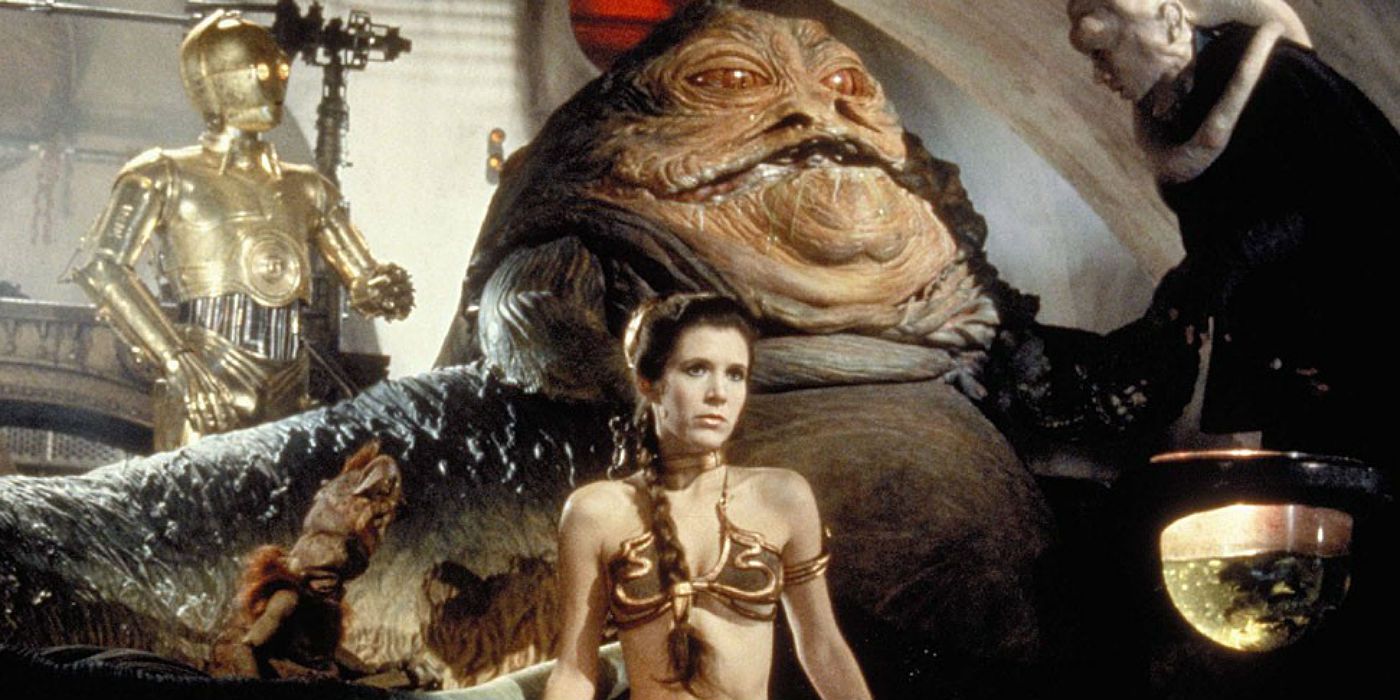 Lucasfilm, at least, seems to aware of the potential there: Amid a recent info-dump of news regarding upcoming and prospectively-upcoming projects were the first ever concrete indications that features based around Yoda and Jabba The Hutt were under consideration for the spinoff slate. It's easy to see why those characters would be tantalizing both the fans and Disney executives; they're among the most beloved supporting figures in the franchise, and they fit nicely into easily-imagined movie types: The Japanese "Jidaigeki" ("period drama") genre that Star Wars has always drawn heavily from (hence "Jedi") is filled with popular films about elderly, diminutive or otherwise "unexpectedly" skillful Samurai warriors - a role that Yoda was already deliberately designed to evoke. The world (or, rather, underworld) of The Hutts is potentially even more ripe for exploration: A Star Wars gangster movie? Scarface with blasters? Goodfellas with aliens? The Godfather, but with people being fed to Rancors?But as popular as these characters are and as eager as many fans would be to see their solo/spinoff movies, the fact remains that Star Wars has never featured a non-human character in a leading role. Yes, characters like Chewbacca, C-3PO and R2D2, Jar-Jar Binks and Yoda have been long prominent; but they are all ultimately "supporting regulars." Yes, the only two Star Wars spinoffs made prior to the Disney acquisition, The Ewok Adventure and Ewoks: The Battle For Endor, were centered on the titular aliens from Return of The Jedi; but both featured human main characters driving the storylines. Would the powers behind the Star Wars movies ever fully commit to taking the next step and making one of their non-human characters the center of their own movie?
Lucasfilm, at least, seems to aware of the potential there: Amid a recent info-dump of news regarding upcoming and prospectively-upcoming projects were the first ever concrete indications that features based around Yoda and Jabba The Hutt were under consideration for the spinoff slate. It's easy to see why those characters would be tantalizing both the fans and Disney executives; they're among the most beloved supporting figures in the franchise, and they fit nicely into easily-imagined movie types: The Japanese "Jidaigeki" ("period drama") genre that Star Wars has always drawn heavily from (hence "Jedi") is filled with popular films about elderly, diminutive or otherwise "unexpectedly" skillful Samurai warriors - a role that Yoda was already deliberately designed to evoke. The world (or, rather, underworld) of The Hutts is potentially even more ripe for exploration: A Star Wars gangster movie? Scarface with blasters? Goodfellas with aliens? The Godfather, but with people being fed to Rancors?But as popular as these characters are and as eager as many fans would be to see their solo/spinoff movies, the fact remains that Star Wars has never featured a non-human character in a leading role. Yes, characters like Chewbacca, C-3PO and R2D2, Jar-Jar Binks and Yoda have been long prominent; but they are all ultimately "supporting regulars." Yes, the only two Star Wars spinoffs made prior to the Disney acquisition, The Ewok Adventure and Ewoks: The Battle For Endor, were centered on the titular aliens from Return of The Jedi; but both featured human main characters driving the storylines. Would the powers behind the Star Wars movies ever fully commit to taking the next step and making one of their non-human characters the center of their own movie?
Certainly, there's nothing stopping this (and, realistically, the Yoda movie feels like something that will probably happen sooner or later at least), but it might be a harder sell than some fans expect: Hollywood, even in 2017, has had to be dragged kicking and screaming into the "revelation" that films starring women or even non-White characters can be A-list blockbusters; and while there is indeed a world of actual real-world difference between "diversity" of characters via elaborate puppetry and makeup versus diversity of actors from existing human ethnic groups, it's probably not as much of a leap to imagine that a studio executive who can't conceive of a Black woman as the lead of a $100 million+ tentpole probably isn't someone open to a similarly-budgeted feature about a Gungan, Trandoshan or even Wookie main character.
But another stumbling block might be Star Wars fans themselves - or, at least, a vocal contingent of them. While the franchise (and most fans) generally hold up the staggeringly large number of strange alien species that populate the Star Wars Universe as one of its prime features, there are limits to that affection in the eyes of many devotees. "The Ewoks are too cute" is a longstanding criticism of Return of The Jedi. Jar-Jar Binks is the universal punching-bag of The Prequel Trilogy despite, largely at those same fans' behest, all but vanishing from the second and third installments. Despite the film not even opening yet, some fans are already gearing up to hate The Porgs, a new species of gineau pig-like creatures set to feature in The Last Jedi. A common thread uniting such characters: They're seen as being either overly "cute" or otherwise designed to appeal to younger children - a grave sin in the eyes of fans who demand on the gravest maturity from their favorite series of films about space wizards dueling with laser-swords.
But grumbling fanboys aside, it is true that just about the only film genre to frequently score big with non-human heroes tend to be films aimed at children and family audiences, usually animated. Exceptions certainly exist, most notably of late the continually surprising high-marks awarded by both critics and regular audiences to the Andy Serkis-starring Planet of The Apes prequel trilogy, but for the most part the more non-human a main character is, the less "seriously" some filmgoers seem willing to take them or the film they're starring in. Sure, even the most stridently anti-"kiddie" Star Wars fan enjoys Yoda as an odd, offbeat foil to the human main characters, but does that enjoyment wear thin for them if he becomes the focus of every scene - camera set at his knee-high eye-level in almost every shot, off-kilter speaking style dominating every conversation? There isn't really a precedent for how that might be received.
On the other hand, does that necessarily need to be a problem? If the whole point of the spinoffs is to expand Star Wars already considerable pop-culture footprint, wouldn't it be imperative for Disney/Lucasfilm to actively pursue other audiences - audiences who, even though they've likely heard of and possibly enjoyed a Star Wars film don't necessarily count them as among their favorites? Setting aside the two Ewoks films (which were made for television and of somewhat-unclear canonical standing) there are eight (soon to be nine) theatrical films in the Star Wars canon, and all eight including Rogue One are action-dramas set in and among various military conflicts. Surely, there's room to expand the franchise's reach beyond that surprisingly narrow framework; especially when fans of the more "traditional" Star Wars vibe are pre-guaranteed to have a film catering to their preference coming every other year?
Disney's other major (live-action) mega-franchise, The Marvel Cinematic Universe, has already demonstrated the benefit of spreading itself across different tones and genres. No, Marvel hasn't gone to extreme-outliers (they haven't done a musical, a horror movie or a western, for example), but they've shown that films and film-series tackling disparate angles like grownup-skewing action-comedies (Iron Man), spy movies (the Captain America series), slapstick family-comedy (Ant-Man), fantasy (Thor and now even more so Doctor Strange), TV procedurals (Agents of S.H.I.E.L.D.), period drama (Agent Carter), far-out science fiction (Guardians of The Galaxy) and dark adults-only fare (the various Netflix series) can not only coexist under the same branding but feed off of and into one another's visibility - and they're poised to expand their scope even further with Inhumans, a "palace intrigue" drama a'la Game of Thrones and Black Panther; the latter of which is being framed by some as the first major Hollywood blockbuster to tackle the burgeoning aesthetic/subgenre known as "Afro-Futurism."
Surely Star Wars, which starts out in a place of expansiveness and diversity of possibility that Marvel didn't achieve until the first Guardians of The Galaxy, can do at least as well as that if not better. The world was in love with Yoda and Chewbacca long before it discovered Rocket Raccoon or Groot, both of whom could almost certainly carry their own movie at this point (so could Gamora, Nebula and Drax - though as effectively "oddly-colored humans" they fit into a slightly different category.) The question is less whether Star Wars can find success with a non-human-led spinoff and more whether the people in charge of Star Wars will take the chance and try... and with rumors continuing to swirl that filmmakers stepping too far into comedy (i.e. Lord and Miller's ouster from Han Solo) or even too far outside the traditional Star Wars aesthetic (the purportedly extensive re-editing of Rogue One), that question remains very much open.


